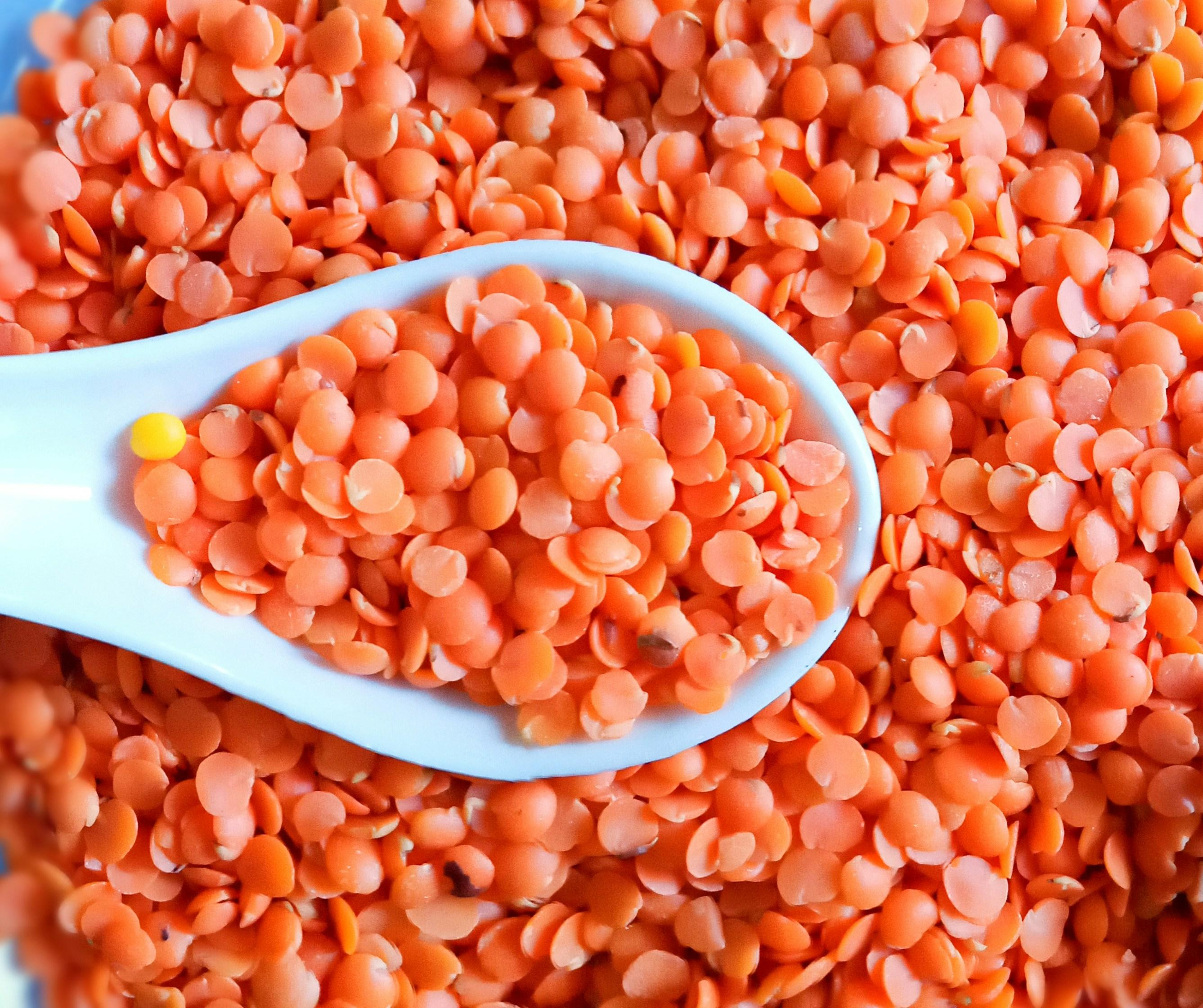In a world where dietary trends come and go like fleeting fads, the vegan diet has firmly planted its roots, gaining a dedicated following and sparking debates across dinner tables and scientific communities alike. With its promises of ethical eating and environmental stewardship, veganism has transcended mere lifestyle choice to become a beacon of hope for those seeking a healthier, more sustainable future. Yet, amid the kaleidoscope of benefits touted by its advocates, one question persists: can vegan diets truly be the ultimate weight loss solution? As we embark on this exploration, we peel back the layers of plant-based eating to uncover whether it holds the key to unlocking our weight loss goals or if it’s simply another piece in the complex puzzle of personal health. Join us as we delve into the science, stories, and strategies that define this vibrant way of eating, seeking clarity in the leafy green labyrinth of veganism and weight management.
Exploring Nutritional Benefits of a Plant-Based Lifestyle
Embracing a plant-based lifestyle can offer a myriad of nutritional benefits that may contribute to effective weight management. This approach primarily focuses on the consumption of whole, unprocessed foods derived from plants, such as fruits, vegetables, grains, nuts, and seeds. These foods are typically low in calories yet high in essential nutrients, making them ideal for those seeking to shed excess weight without compromising on nutrition. Furthermore, the high fiber content found in plant-based diets can promote a feeling of fullness, reducing the temptation to overeat.
Key Nutritional Benefits:
- Rich in Antioxidants: Helps combat oxidative stress and inflammation.
- High Fiber Content: Supports digestive health and satiety.
- Low in Saturated Fats: Reduces the risk of heart disease.
- Nutrient-Dense: Provides essential vitamins and minerals.
The transition to a plant-based diet can be a sustainable option for weight loss, promoting overall health and well-being.

The Science Behind Vegan Diets and Weight Loss
When it comes to shedding those extra pounds, understanding the scientific principles underlying vegan diets can be illuminating. These diets are often lower in calories and saturated fats compared to omnivorous diets, primarily due to their focus on plant-based foods. Foods like fruits, vegetables, legumes, and whole grains are rich in fiber, which is known to promote satiety and reduce overall calorie intake. This dietary pattern can lead to a calorie deficit, which is essential for weight loss.
- Increased Fiber Intake: Fiber helps you feel full longer, reducing the temptation to snack on high-calorie foods.
- Lower Energy Density: Many vegan foods have a lower energy density, meaning you can eat larger volumes without consuming too many calories.
- Metabolic Boost: Some studies suggest that plant-based diets can enhance metabolism and improve fat oxidation.
Furthermore, vegan diets often lead to a higher intake of antioxidants and phytochemicals, which may support metabolic health and further facilitate weight loss. While adopting a vegan lifestyle might not be a one-size-fits-all solution, its scientific basis for weight management is compelling and worthy of consideration.

Practical Tips for Transitioning to Veganism
Embarking on a vegan journey can be both exciting and daunting, but with the right approach, it becomes an enriching lifestyle change. Start by gradually introducing plant-based foods into your meals. Replace dairy with almond or oat milk, and swap meat for protein-rich alternatives like lentils and chickpeas. This incremental shift helps in adjusting your palate and dietary habits without overwhelming yourself.
- Explore new cuisines: Try Mediterranean, Indian, or Asian dishes that naturally emphasize plant-based ingredients.
- Stock up on essentials: Fill your pantry with staples like quinoa, nuts, seeds, and a variety of spices to keep your meals exciting.
- Plan ahead: Prepare meal plans to avoid the last-minute rush and ensure balanced nutrition.
Remember, transitioning to veganism is a personal journey. Stay open to experimenting with different foods and recipes to find what works best for you. With patience and creativity, this transition can be a fulfilling step towards a healthier lifestyle.

Balancing Nutrients for Optimal Health and Weight Management
Embracing a vegan lifestyle can offer a myriad of health benefits, but it’s essential to ensure you’re getting a balanced intake of nutrients. A well-planned vegan diet can effectively support weight management by focusing on whole, nutrient-dense foods. Here are some key nutrients to consider:
- Protein: Incorporate a variety of plant-based proteins such as lentils, chickpeas, tofu, and quinoa to meet your daily needs.
- Iron: Enhance iron absorption from plant sources like spinach and legumes by pairing them with vitamin C-rich foods like bell peppers or citrus fruits.
- Omega-3 Fatty Acids: Include flaxseeds, chia seeds, and walnuts to support heart health and cognitive function.
- Calcium: Ensure adequate intake with fortified plant milks and leafy greens like kale and bok choy.
- Vitamin B12: Since this vitamin is primarily found in animal products, consider fortified foods or supplements to meet your requirements.
Striking the right balance of these nutrients not only aids in maintaining a healthy weight but also ensures overall wellness. By diversifying your plant-based diet, you can enjoy the benefits of a vegan lifestyle while meeting all your nutritional needs.
